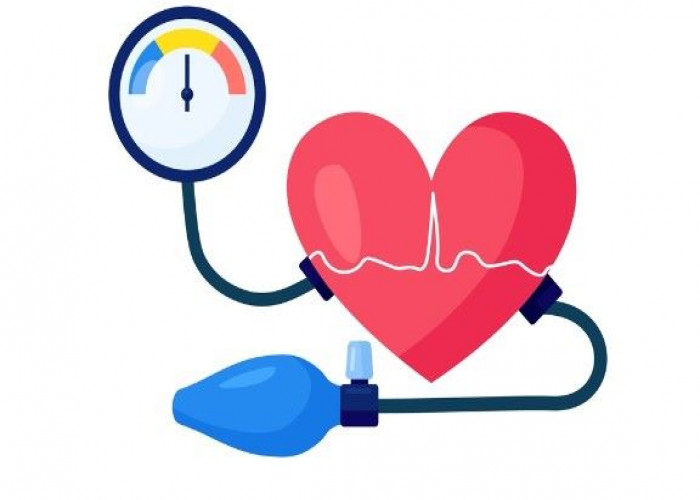 Welcome
Welcome
“May all be happy, may all be healed, may all be at peace and may no one ever suffer."
High blood pressure (hypertension)

High blood pressure, also known as hypertension, is a common medical condition in which the force of blood against the walls of the arteries is consistently too high. Over time, high blood pressure can cause damage to the arteries and increase the risk of serious health problems such as heart disease, stroke, and kidney disease.
High blood pressure is often referred to as the "silent killer" because it typically has no symptoms. The only way to know if you have high blood pressure is to have your blood pressure checked by a healthcare provider. A blood pressure reading of 130/80 mm Hg or higher is considered high.
Risk factors for high blood pressure include age, obesity, a family history of the condition, smoking, and a sedentary lifestyle. Other medical conditions such as diabetes and sleep apnea can also increase the risk of high blood pressure.
Treatment for high blood pressure usually involves lifestyle changes and medication. Lifestyle changes such as maintaining a healthy weight, eating a healthy diet, getting regular exercise, limiting alcohol consumption, and quitting smoking can help lower blood pressure. Medications such as diuretics, ACE inhibitors, and calcium channel blockers may also be prescribed to help lower blood pressure.
It is important to monitor blood pressure regularly and to seek medical attention if you have any concerns or symptoms such as chest pain, shortness of breath, or severe headaches. Early diagnosis and treatment of high blood pressure can help prevent serious health complications and improve outcomes.
Research Papers
Disease Signs and Symptoms
- High blood pressure (hypertension)
- Shortness of breath (dyspnea)
- Nose bleeding
- Headaches
Disease Causes
High blood pressure (hypertension)
There are two types of high blood pressure.
Primary (essential) hypertension
For most adults, there's no identifiable cause of high blood pressure. This type of high blood pressure, called primary (essential) hypertension, tends to develop gradually over many years.
Secondary hypertension
Some people have high blood pressure caused by an underlying condition. This type of high blood pressure, called secondary hypertension, tends to appear suddenly and cause higher blood pressure than does primary hypertension. Various conditions and medications can lead to secondary hypertension, including:
- Obstructive sleep apnea
- Kidney disease
- Adrenal gland tumors
- Thyroid problems
- Certain defects you're born with (congenital) in blood vessels
- Certain medications, such as birth control pills, cold remedies, decongestants, over-the-counter pain relievers and some prescription drugs
- Illegal drugs, such as cocaine and amphetamines
Disease Prevents
Disease Treatments
Changing your lifestyle can help control and manage high blood pressure. Your doctor may recommend that you make lifestyle changes including:
- Eating a heart-healthy diet with less salt
- Getting regular physical activity
- Maintaining a healthy weight or losing weight if you're overweight or obese
- Limiting the amount of alcohol you drink
But sometimes lifestyle changes aren't enough. If diet and exercise don't help, your doctor may recommend medication to lower your blood pressure.
Medications
The type of medication your doctor prescribes for high blood pressure depends on your blood pressure measurements and overall health. Two or more blood pressure drugs often work better than one. Sometimes finding the most effective medication or combination of drugs is a matter of trial and error.
You should aim for a blood pressure treatment goal of less than 130/80 mm Hg if:
- You're a healthy adult age 65 or older
- You're a healthy adult younger than age 65 with a 10% or higher risk of developing cardiovascular disease in the next 10 years
- You have chronic kidney disease, diabetes or coronary artery disease
Ask your doctor what your blood pressure treatment goal should be. Also, the ideal blood pressure treatment goal can vary with age and health conditions, particularly if you're older than age 65.
Medications used to treat high blood pressure include:
- Diuretics. Diuretics, sometimes called water pills, are medications that help your kidneys eliminate sodium and water from the body. These drugs are often the first medications tried to treat high blood pressure.
- There are different classes of diuretics, including thiazide, loop and potassium sparing. Which one your doctor recommends depends on your blood pressure measurements and other health conditions, such a kidney disease or heart failure. Diuretics commonly used to treat blood pressure include chlorthalidone, hydrochlorothiazide (Microzide) and others.
- A common side effect of diuretics is increased urination, which could reduce potassium levels. If you have a low potassium level, your doctor may add a potassium-sparing diuretic — such as triamterene (Dyazide, Maxide) or spironolactone (Aldactone) — to your treatment.
- Angiotensin-converting enzyme (ACE) inhibitors. These medications — such as lisinopril (Prinivil, Zestril), benazepril (Lotensin), captopril and others — help relax blood vessels by blocking the formation of a natural chemical that narrows blood vessels.
- Angiotensin II receptor blockers (ARBs). These medications relax blood vessels by blocking the action, not the formation, of a natural chemical that narrows blood vessels. ARBs include candesartan (Atacand), losartan (Cozaar) and others.
- Calcium channel blockers. These medications — including amlodipine (Norvasc), diltiazem (Cardizem, Tiazac, others) and others — help relax the muscles of your blood vessels. Some slow your heart rate. Calcium channel blockers may work better for older people and people of African heritage than do ACE inhibitors alone.
- Don't eat or drink grapefruit products when taking calcium channel blockers. Grapefruit increases blood levels of certain calcium channel blockers, which can be dangerous. Talk to your doctor or pharmacist if you're concerned about interactions.
Treating resistant hypertension
If your blood pressure remains stubbornly high despite taking at least three different types of high blood pressure drugs, one of which usually should be a diuretic, you may have resistant hypertension.
You're also considered to have resistant hypertension if you have controlled high blood pressure but are taking four different types of medications at the same time to achieve that control. If you do, your doctor should investigate the possibility of a secondary cause of the high blood pressure.
Having resistant hypertension doesn't mean your blood pressure will never get lower. If you and your doctor can determine the cause, a more effective treatment plan can be created to help you meet your goal blood pressure.
Treating resistant hypertension may involve many steps, including:
- Changing your high blood pressure medications to determine which combinations and doses work best
- Reviewing all the medications you take, including those that you take for other conditions or buy without a prescription
- Monitoring your blood pressure at home to see if going to the doctor causes your blood pressure to increase (white coat hypertension)
- Making healthy lifestyle changes, such as eating a healthy diet with less salt, maintaining a healthy weight and limiting alcohol
You should always take blood pressure medications as prescribed. Never skip a dose or abruptly stop taking your blood pressure medication. Suddenly stopping certain blood pressure drugs, such as beta blockers, can cause a sharp increase in blood pressure (rebound hypertension).
If you skip doses because you can't afford the medications, because you have side effects or because you simply forget to take your medications, talk to your doctor about solutions. Don't change your treatment without your doctor's guidance.
Potential future treatments
Researchers continue to study catheter-based ultrasound and radiofrequency ablation of the kidney's sympathetic nerves (renal denervation) as a treatment for resistant hypertension. Early studies showed some benefit, but more-robust studies found that the therapy does not significantly lower blood pressure in people with resistant hypertension. More research is underway to determine what role, if any, this therapy may have in treating hypertension.
Disease Diagnoses
Disease Allopathic Generics
-
Propranolol Hydrochloride
In those whose blood pressure is not too high or essential hypertension, propanol beta blocker medicine.
If BP is low in initial phase, 40mg pill in 1/2 or 1 1/2 times a day. If there is no change in this dose, 40 mg 2 times a day. After 7 days the dose can be further reduced or increased according to the patient's response.
It is prohibited to use this medicine if there is heart failure, bronchospasm, long fasting, polyuria, second and third degree heart block.
-
Diazepam
Any combination of propanol and diazepam can be used to reduce anxiety.
1 pill 2 times a day or 1 pill only at night as directed by the doctor.
-
Fluoxetine Hydrochloride
Any combination of propanol and fluoxetine hydrochloride can be used to reduce mental agitation.
1 serving in the morning after breakfast.
-
Methyldopa
If the blood pressure is mild, moderate or severe, the following medicines containing michelidopa can be given.
Adults 1 pill 2/3 times a day for 2 days. The dose can be gradually increased or decreased according to the patient's blood pressure. But in severe condition 500 mg can be given 2/3 times a day. But at such a stage doctor's advice is necessary.
-
Atenolol
Medicines containing atenolol are also widely used in high blood pressure.
-
Metoprolol Tartrate
Medicines containing metoprolol tartrate for all types of hypertension.
1+0+0 or 1+0+1.
-
Prazosin Hydrochloride
Prazosin Hydrochloride can be used in all types of hypertension and congestive cardiac failure (CCF).
Half a pill (0.5mg) in the evening on the first day. Then half a pill 2/3 times a day for 3-7 days. Then 1mg 2/3 times a day up to 20mg in divided doses.
-
Terazosin Hydrochloride
Medicines containing terazosin hydrochloride.
For mild to moderate hypertension, 1mg orally may be required after 7 days/15 days to double the dose. The usual maintenance dose is 2/10 mg once a day.
-
Captopril
Medicines containing captopril in all types of high blood pressure.
12.5mg + 0 + 12.5mg in mild and moderate hypertension but 25mg + 0 + 0 or 25mg + 0 + 25mg in severe hypertension
-
Enalapril Maleate
Medicines containing enalapril maleate can be used in all types of hypertension. 1+0+1.
-
Lisinopril
Congestive heart failure (CF) with lisinopril can be used in combination with all forms of essential hypertension.
The starting dose is 5 mg once daily. Depending on the severity of the disease, the dose may be reduced/increased. However, in minors, this medicine increases the action. Diuretic medication should be stopped within 2/3 days.
-
Losartan Potassium
Losartin potassium can be used in all types of high blood pressure and asthma patients. This medication alone or with other antihypertensive medications.
50mg if blood pressure or 25mg 1/2 times a day if mild or losartan potassium 1+0+1 and doltiazem hydrochloride 1+0+1 together.
-
Candesartan Cilexetil
Candesartan is a drug containing ciloxatil.
Initially 4 mg (half a pill) daily, the usual control dose is 4 mg 1 time.
-
Irbesartan
Irbesartan is used alone or in combination with other medications to treat high blood pressure.
The usual dose is 150 mg once a day initially. 75 mg dosage for adults is 1 pill.
-
Valsartan
Valsartan can be used alone or in combination with other antihypertensive drugs in high blood pressure.
1+0+0 or 0+0+1.
-
Nifedipine
Calcium channel blocker nifedipine is prescribed for all hypertension.
1 pill 2 times a day or 1+1+1. If the results are not good, 100/50 mg pills with atenolol should be used after breakfast.
-
Amlodipine Besilate
Calcium channel blockers Amlodipine can be used alone or in combination with other drugs.
1+0+1 or 0+0+1.
-
Losartan Potassium + Hydrochlorothiazide
1+0+0.
-
Clobazam
If the blood pressure is high, the patient is restless or the eyes are red, clobazam is a medicine.
1 pill in the morning and 1 pill at bedtime.
Disease Ayurvedic Generics
Disease Homeopathic Generics
-
Belladonna
200 strength.
-
Aconite napellus
30, 200 strength.
-
Arnica montana
30 strength.
-
Baryta muriatica
200, 1000 strength.
-
Lachesis
200 strength.
-
Aurum metalicum
200 strength.
-
Glonoinum
6, 30, 200 strength.
-
Nux vomica
200 strength.
Disease yoga
High blood pressure (hypertension) and Learn More about Diseases

Cradle cap
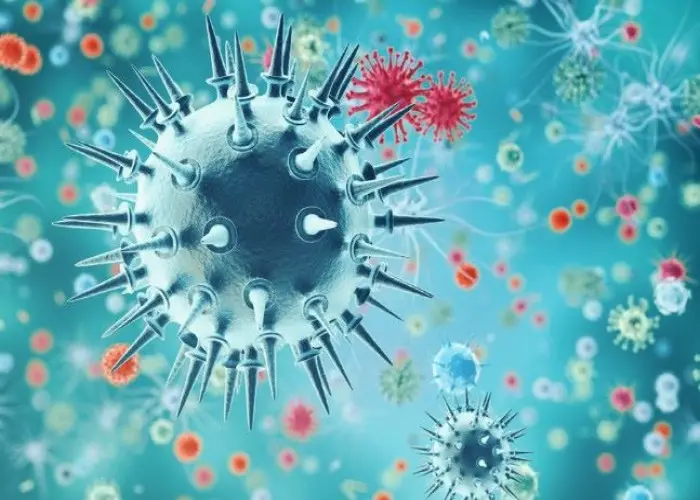
Infectious diseases

Peripheral nerve injuries
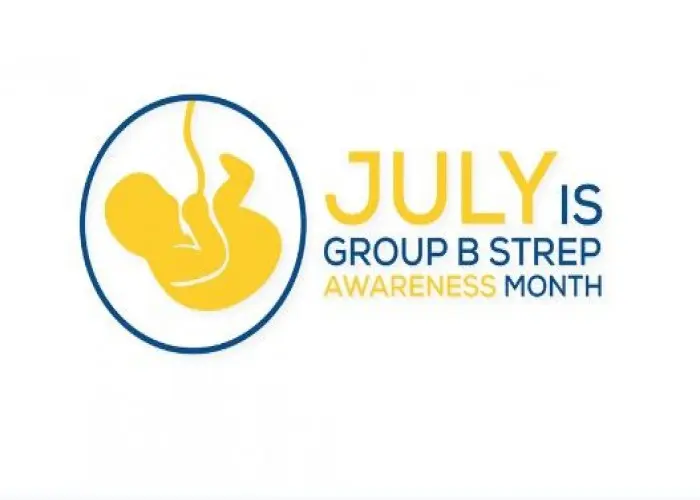
Group B strep disease

Phenylketonuria (PKU)
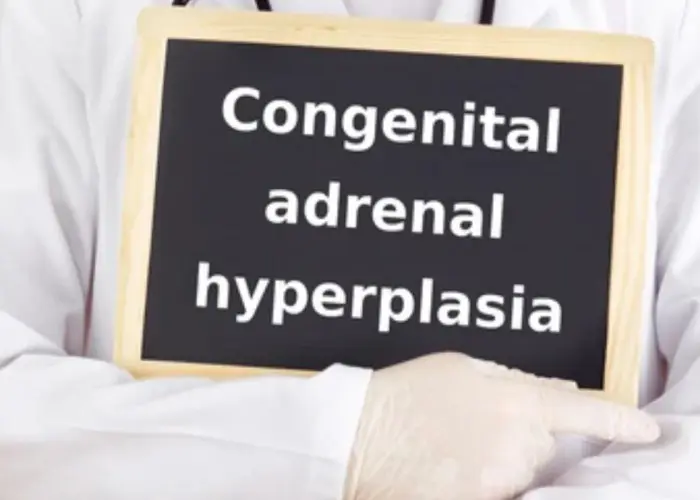
Congenital adrenal hyperplasia
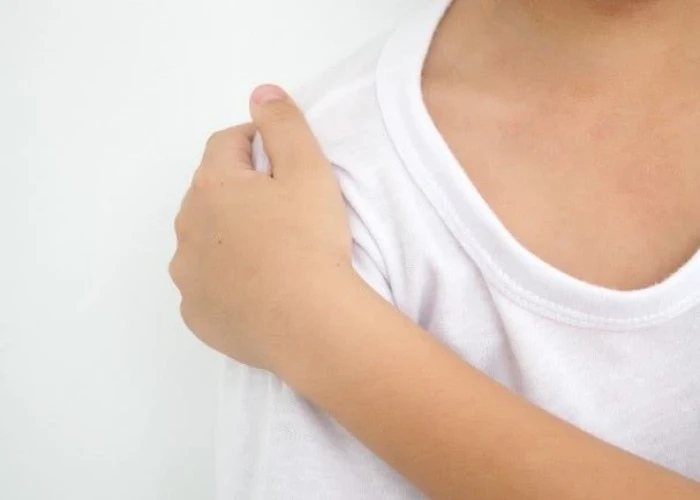
Polymyalgia rheumatica
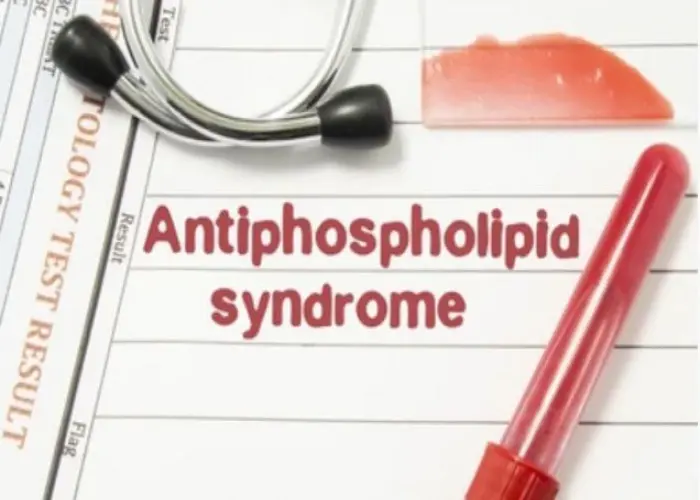
Antiphospholipid syndrome
high blood pressure, hypertension, উচ্চ রক্তচাপ, উচ্চ রক্তচাপ
To be happy, beautiful, healthy, wealthy, hale and long-lived stay with DM3S.
